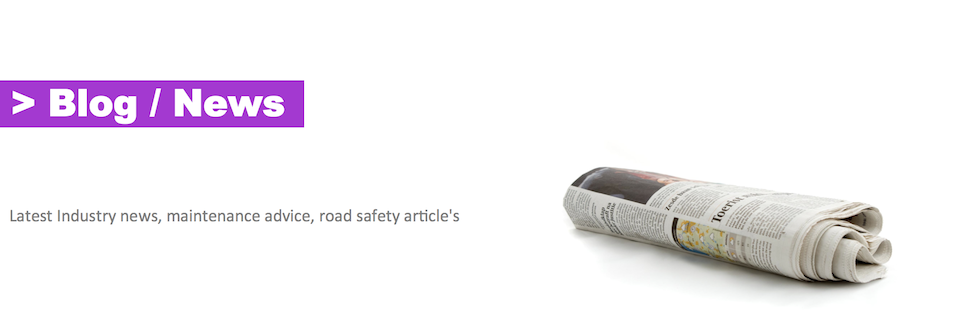What you don’t know about Safety Certificates
Safety Certificates issued in Queensland are only a basic check that the vehicle meets a minimum safety standard set by Queensland Transport and Main Roads.
So what does this actually mean?
When buying a vehicle privately there are a lot of things you need to know before completing your purchase.
1. A Safety Certificate on a vehicle shows you that the vehicle is roadworthy. This does not mean that there is nothing on the vehicle that is going to require a repair/maintenance. On Queensland Transport and Main Roads website they recommend that you have a qualified person complete a Pre-Purchase Inspection to know exactly what you are buying, warts and all.
2. Once you have completed a private transaction, the seller is not legally obligated to repair anything on the vehicle even if you have only had the vehicle for a day. This is one of the highest risks that you have by buying a vehicle privately. When purchasing a vehicle from a dealer there are more laws in place to protect you in these circumstances. Things do happen! Cars do break down. This is why you will find that vehicles in the private market are cheaper than a dealer but that reduction in price can come at a different cost.
3. No one is going to be able to predict the future. Even with a Pre-Purchase Inspection there are no guarantees that nothing is going to go wrong with your second hand vehicle. Always make sure that you don’t use all your savings to the last dollar to buy a vehicle. Put a little aside for maintenance or just in case something happens.
4. If the vehicle is registered in Queensland, the seller must provide you with a valid Safety Certificate before they advertise the vehicle for sale. If there are issues with the vehicle hasn’t had time to fix or doesn’t want to fix and are trying to sell you the vehicle without one, you might want to have a Pre-Purchase Inspection completed first. It is likely that those couple of small things are only scratching the surface of the expensive issues underneath.
5. If you have a vehicle in Queensland that is unregistered you can sell the vehicle without a Safety Certificate. Always be mindful that the seller wants you to buy the car and may not be forthcoming with any issues the vehicle has or has had in the past. Many buyers that have been burnt say that they trusted the seller when they said that there was nothing wrong with the vehicle and it would pass a Safety Certificate Inspection. Even though a vehicle passed a Safety Certificate previously does not mean that it would pass one today. Remembering that a Safety Certificate Inspection is only a basic check and shouldn’t be relied upon when purchasing a vehicle.
6. Some sellers will try to reduce the price of the vehicle if for example it requires new tyres on vehicle to pass a Safety Certificate. They may request for you to purchase the vehicle “as is” and organise your own Safety Certificate as they “don’t have the time” to get everything done.
The only legal way to do this is to de-register the vehicle and remove the plates before the sale is completed.
7. There are issues with a vehicle that is not classified as a Safety Certificate defect that you will want to know about before buying a vehicle
- Only 50% of the windows are required to work in the vehicle but in the 50% of working windows the driver’s window must be included.
- Spare wheel can be missing entirely or completely bald as it is not included in a Safety Certificate Inspection
- Oil leaks are a defect only if they are dripping onto the road surface or onto the exhaust. If the leaks are not doing either of these things then the examiner must pass it.
- Minimum brake pads thicknesses are required but this doesn’t mean that the brake pads are brand new. Your mechanic may recommend to replace them sooner than you expect. Pre-Purchase Inspections can give you an indicator to the amount of brake pad on each wheel.
- Service history is not checked. The vehicle may have missed services and require oil filters, air filters, cabin filter, fuel filters, engine oil change, brake fluid flushes etc. None of these things are covered on a Safety Certificate check. Depending on the vehicle that you are purchasing as to the cost of these items.
All in all, when looking at purchasing a vehicle, take your time to look into the vehicle’s history. Ask yourself if what the seller is telling you about the history of the vehicle actually makes sense to the actual vehicle itself.
Ask to see the logbooks of the vehicle. Do they match up with what the seller is saying about being regularly serviced?
If something feels off about a transaction, don’t feel pressured to buy the vehicle because “I have someone else that is serious about buying it coming here in an hour”.











